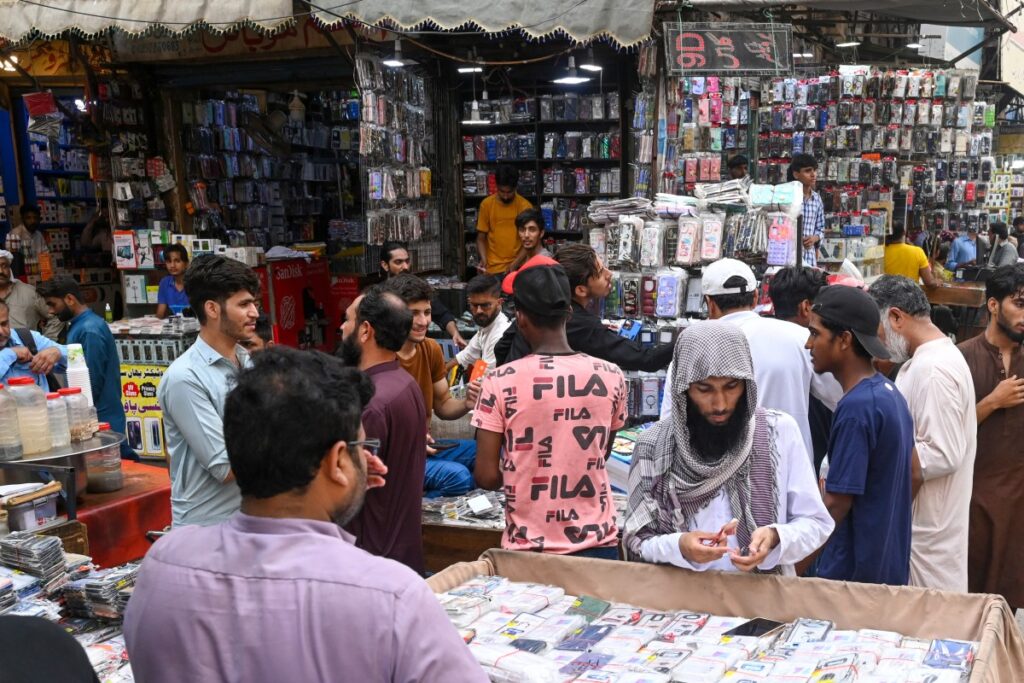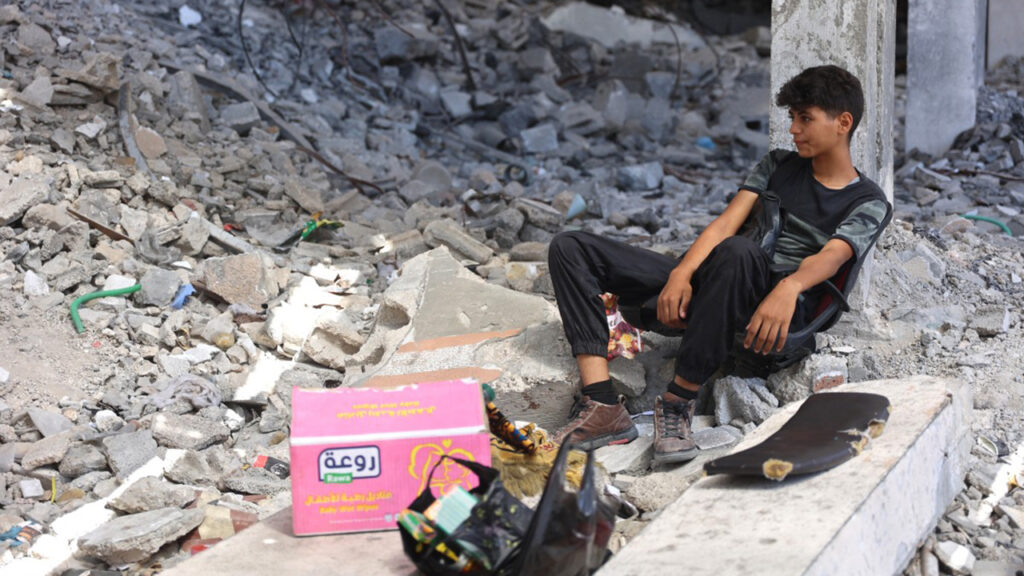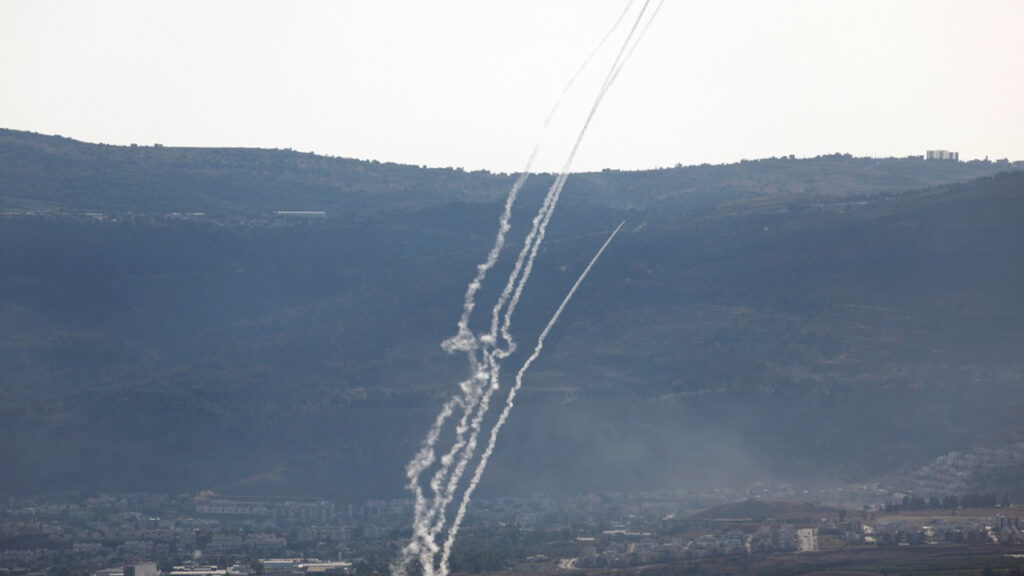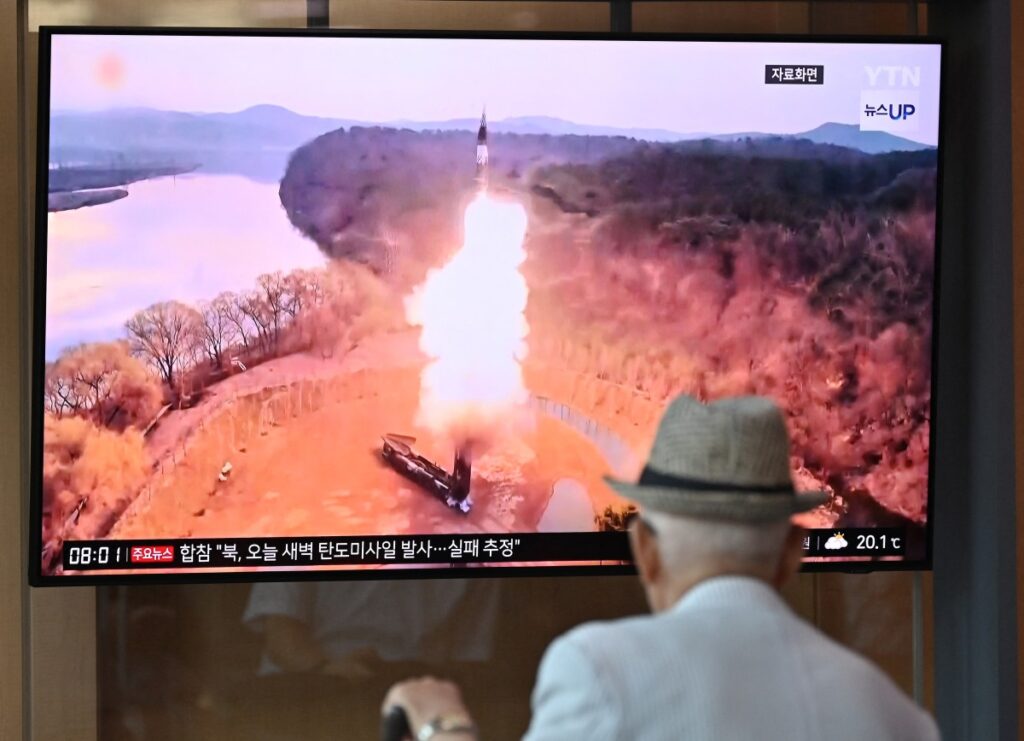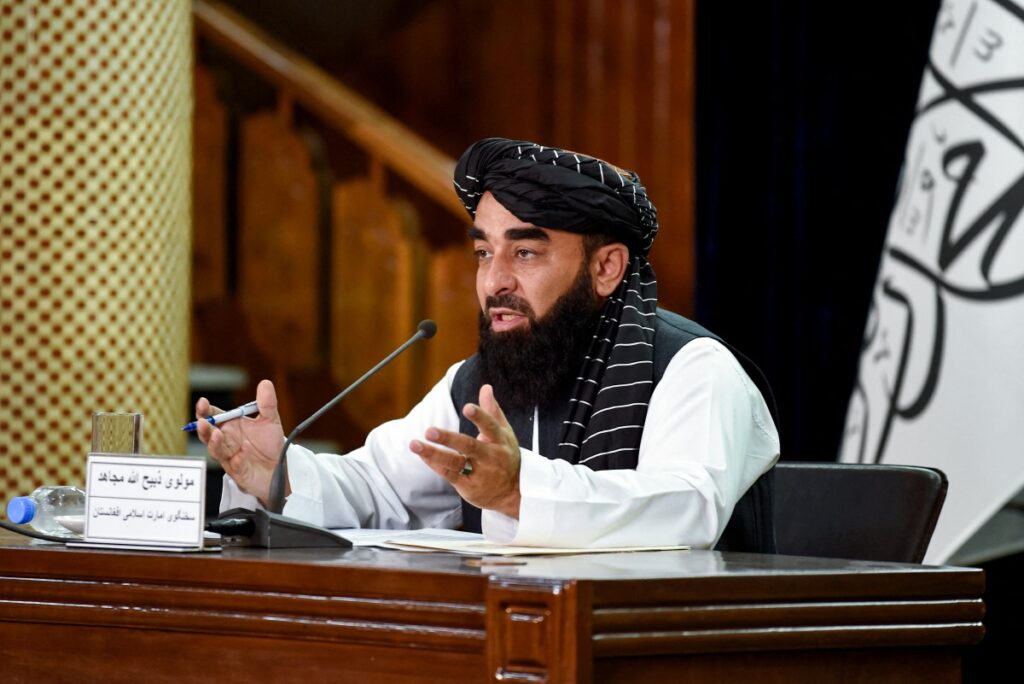
Yemeni rebels and government forces freed scores of prisoners Sunday on the last of a three-day exchange of nearly 900 detainees, boosting hopes of ending their protracted war.
Planes carrying detainees took off at the same time from the Huthi rebel-held capital of Sanaa and the government-controlled northern city of Marib, the International Committee of the Red Cross (ICRC) said.
Some were taken to the Red Cross planes in wheelchairs. All released prisoners were given plastic bags with food to eat when the daily Ramadan fast was over.
At the airport in Sanaa, Huthi fighters staged a ceremonial dance with swords to greet their comrades.
“Forty-eight former detainees were on board the Marib-Sanaa flight, and 42 on the Sanaa-Marib flight,” ICRC media adviser Jessica Moussan told AFP.
Three other flights during the day were to complete the deal reached in Switzerland last month to exchange 181 government forces for 706 rebels, just before the major Muslim holiday of Eid al-Fitr.
Four journalists sentenced to death by the Iranian-backed Huthis are part of the exchange, said government negotiator Majed Fadail.
Rebel political chief, Mahdi al-Mashat, said the next round of talks with Saudi Arabia, which leads the military coalition against the Huthis, would start after Eid al-Fitr expected on April 21, Yemen’s Saba news agency reported.
The last talks ended hours before 318 prisoners were transported on four flights on Friday between Sanaa and government-controlled Aden, reuniting detainees with their families.
On Saturday, 357 detainees took flights between the Saudi city of Abha and Sanaa. Saudis were among the prisoners freed.
It is not known how many prisoners each side still has.
– ‘Torn apart’ –
The Huthis seized Sanaa in 2014, prompting the Saudi-led intervention the following year. Hundreds of thousands have died in the conflict which triggered a major humanitarian crisis.
A UN-brokered ceasefire that started in April 2022 has sharply reduced casualties. The truce expired in October, but fighting has largely remained on hold.
Marib governorate, an oil-rich region, saw some of the most bitter fighting in the last two years.



